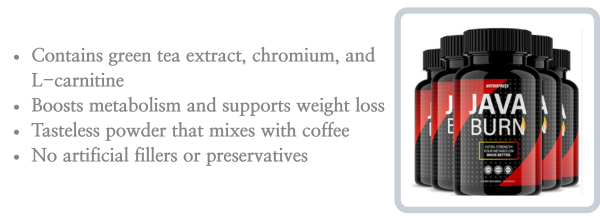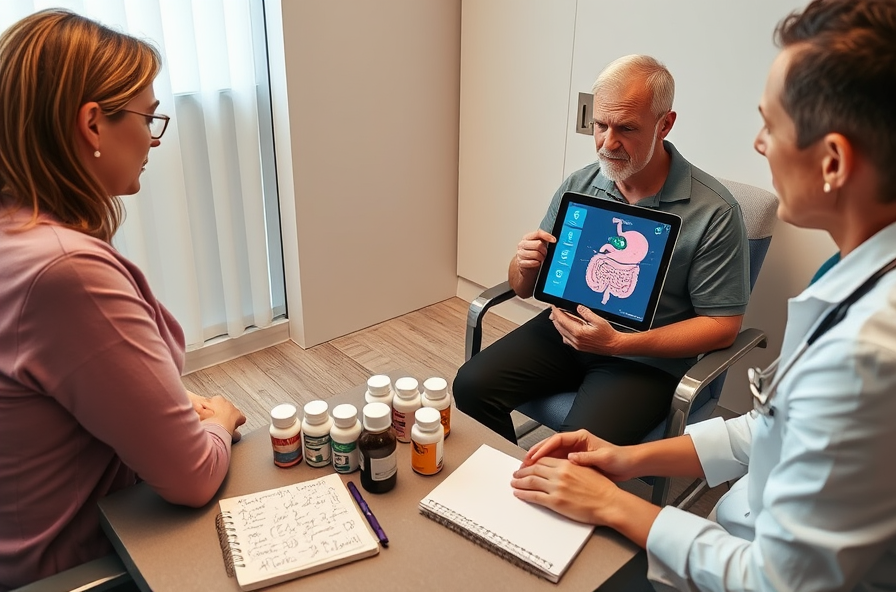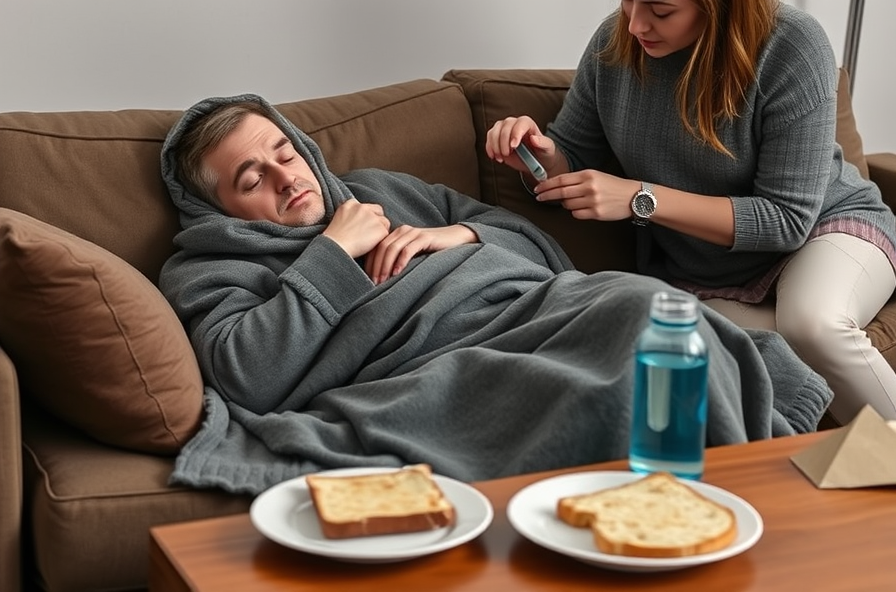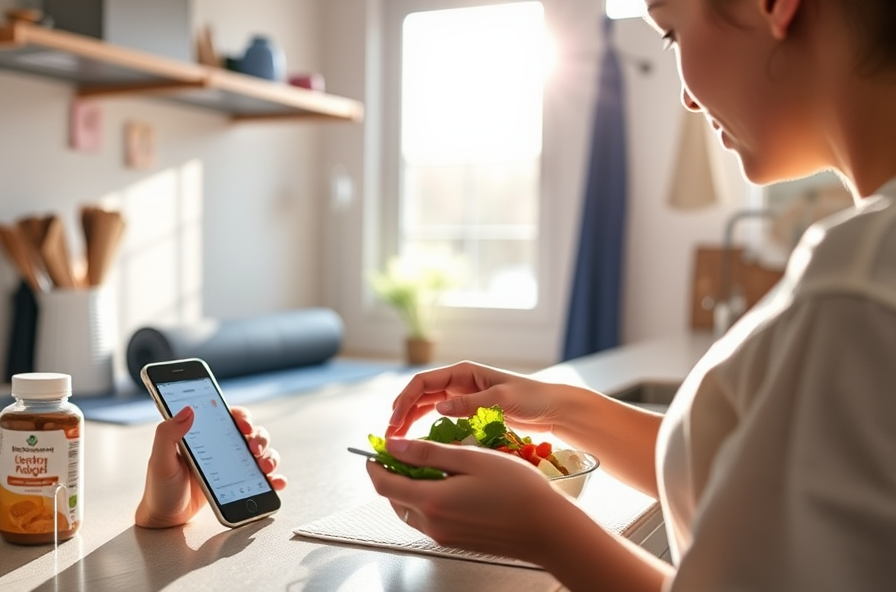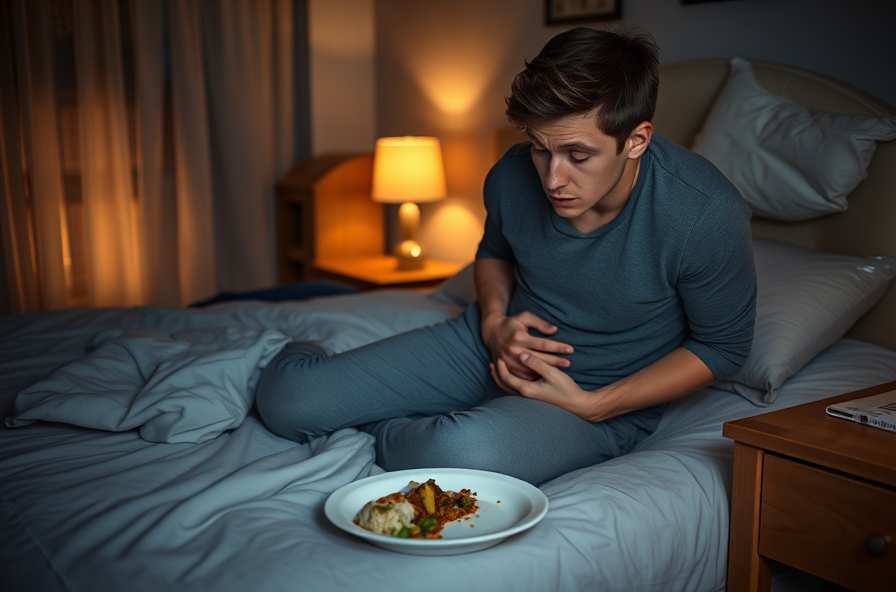
Here’s what’s going on, in plain English: Cirrhosis has a sneaky way of creeping up on folks—you barely even notice at first, and then suddenly, the little things add up. We’re talking about the liver here, slowly getting marked up with scar tissue, usually after years of heavy drinking, a run-in with hepatitis, or sometimes even from genetic luck (or lack of it) or certain meds. What surprised me most is how mild those early signs are: just feeling off, maybe a puffiness or yellowish tint to your skin, until wham, you realize your liver’s struggling. The silver lining? There are things you can do! If you quit drinking, eat better, actually follow your doctor’s advice, you can often keep cirrhosis from getting worse—sometimes even start feeling more like yourself again. Seriously, paying attention early on isn’t just smart, it could be life-changing. You know, cirrhosis isn’t one of those words you want to hear tossed around at your doctor’s office. Basically, it means your liver is scarred—in ways it can’t totally heal—and that really messes with how your body does, well, almost everything. The process is pretty relentless, too: healthy parts get replaced by tough scar tissue, so the liver gets weighed down and just can’t keep up. It’s a scary thought, but honestly, just knowing what causes this, picking up on the early signs, and understanding what treatments are out there can make it all a lot less overwhelming if you ever find yourself—or someone you love—up against it.

Here’s what’s going on, in plain English: Cirrhosis has a sneaky way of creeping up on folks—you barely even notice at first, and then suddenly, the little things add up. We’re talking about the liver here, slowly getting marked up with scar tissue, usually after years of heavy drinking, a run-in with hepatitis, or sometimes even from genetic luck (or lack of it) or certain meds. What surprised me most is how mild those early signs are: just feeling off, maybe a puffiness or yellowish tint to your skin, until wham, you realize your liver’s struggling. The silver lining? There are things you can do! If you quit drinking, eat better, actually follow your doctor’s advice, you can often keep cirrhosis from getting worse—sometimes even start feeling more like yourself again. Seriously, paying attention early on isn’t just smart, it could be life-changing.
You know, cirrhosis isn’t one of those words you want to hear tossed around at your doctor’s office. Basically, it means your liver is scarred—in ways it can’t totally heal—and that really messes with how your body does, well, almost everything. The process is pretty relentless, too: healthy parts get replaced by tough scar tissue, so the liver gets weighed down and just can’t keep up. It’s a scary thought, but honestly, just knowing what causes this, picking up on the early signs, and understanding what treatments are out there can make it all a lot less overwhelming if you ever find yourself—or someone you love—up against it.
Have you ever just felt exhausted for no good reason, or maybe skipped lunch because your stomach felt weird? Sometimes you glance in the mirror and your skin looks a little off—maybe a shade closer to lemon than you remember. Most of us wouldn’t immediately point the finger at our liver, right? But, for way too many people, these subtle hints are actually the liver putting up a quiet protest. That’s the rough truth about cirrhosis: it tends to sneak around for a while before anyone realizes what’s really happening.
So, what are we actually talking about? Cirrhosis is like your liver trading out its good, hardworking parts for scar tissue that just sits there, not pulling its weight. Imagine neighbors moving out, and suddenly the ones left don’t care about mowing their lawns or taking out the trash. In the early days, the hints are so easy to brush off—random tiredness, weight loss that just seems to happen, or a lingering queasiness. Even belly pain or slight swelling can nudge in, but nothing screams “urgent” at first. Looking back, it’s almost annoying how easy these clues are to miss until your liver really starts yelling for attention.
Don’t shrug off those nagging symptoms or push your luck if you’re at risk. Having a candid chat with your doctor might feel daunting, but it could totally shift the outcome. The truth is, plenty of people with cirrhosis find a way to hang onto everything that matters—joy, purpose, even energy—long after their diagnosis.

Don’t shrug off those nagging symptoms or push your luck if you’re at risk. Having a candid chat with your doctor might feel daunting, but it could totally shift the outcome. The truth is, plenty of people with cirrhosis find a way to hang onto everything that matters—joy, purpose, even energy—long after their diagnosis.
sources
-
Mayo Clinic: Cirrhosis – Symptoms and causes
-
Signs & Symptoms, Causes, Stages: Cirrhosis of the Liver
-
Wikipedia’s take on Cirrhosis
Today’s related searches: best diet for liver cirrhosis, cirrhosis nutrition therapy guidelines, high protein cirrhosis meal plan, low sodium liver friendly foods, managing cirrhosis through diet
[intro_box]


